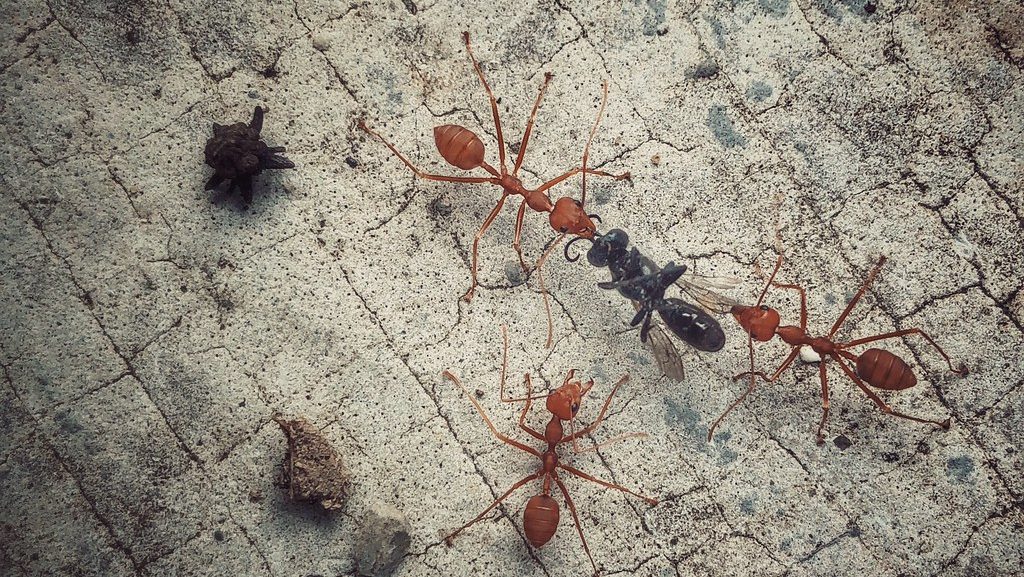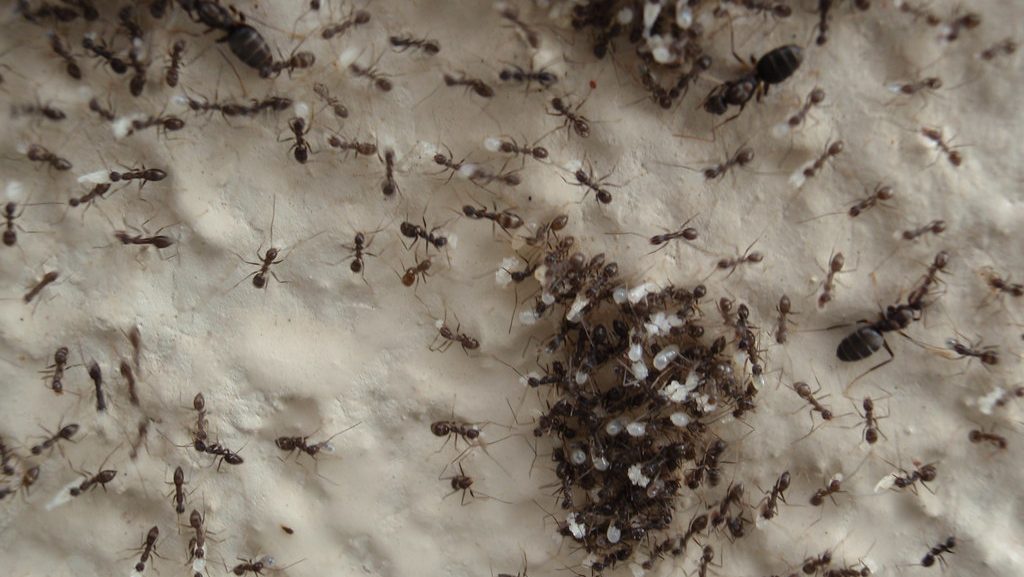Ants are masters of teamwork. If you’ve ever seen a line of ants carrying crumbs, you’ve witnessed their incredible cooperation. These tiny insects form highly organized colonies where every member plays a role. They build nests, gather food, defend their home, and care for their young—all by working together.
Understanding how ants collaborate helps explain their resilience and why they can be difficult to eliminate when they invade homes.
In this article, we’ll break down how ants work together, what they do daily, and how pest control experts use this knowledge to remove infestations effectively.




Understanding how ants work together gives us insight into the power of unity and shared effort. These tiny creatures prove that teamwork truly makes the dream work! Ants may be small, but their cooperation is mighty. Have you ever observed ants working together? Share your thoughts in the comments!
If you feel things have gone out of control, it is advised to contact pest control professionals. Our team can provide a customized approach to protect your home effectively. Visit our Species, Control, and DIY Guide sections for additional resources on ants. Prevention techniques might not be enough if you’re already dealing with an infestation in your home. Our pest control professionals provide a customized solution to protect your home effectively.

How Do Ants Work Together?
Ants exhibit teamwork through a complex system of division of labour, communication, and coordination. They rely on three primary methods to work together:Key Facts About Ants
-
Division of Labor: Each ant in a colony has a specific role. Workers gather food, care for young ants, and maintain the nest, while soldiers protect the colony.
-
Chemical Communication: Ants use pheromones to communicate, creating scent trails to find food, warn of danger, or call for help.
-
Collective Problem-Solving: Ants display problem-solving skills, such as forming bridges with their bodies or working together to transport food.


Not getting a solution?
Get your free pest control estimate today!What Do Ants Do?
Ants play a crucial role in nature and their colonies by performing various tasks. Here are some of their key activities:Ant Colony Activities
-
Foraging for Food: Worker ants search for food and transport objects many times their weight back to the nest.
-
Building and Expanding Nests: Some species dig underground tunnels, while others construct intricate structures using leaves and dirt.
-
Defending the Colony: Soldier ants protect their nest from predators and intruders.
-
Caring for the Queen and Young: Worker ants feed the queen and tend to eggs and larvae to sustain the colony.
-
Recycling and Soil Aeration: Ants break down organic matter, improving soil health and benefiting the environment.
Key Colony Members and Their Jobs
| Ant Type | Role in the Colony |
|---|---|
| Queen | Lays eggs to grow and sustain the colony. Can live for years and produce thousands of offspring. |
| Workers | Handle all tasks—food collection, nest building, brood care, and defence. They make up most of the colony. |
| Males (Drones) | Their only role is to mate with new queens. They die shortly after mating. |
The Power of Cooperation in Ants
Ants demonstrate incredible cooperation, acting almost like a single organism. This behaviour has fascinated scientists and inspired studies on teamwork, robotics, and even human organization. By working together seamlessly, ants thrive in a wide range of environments and continue to be one of nature’s most successful species.Understanding how ants work together gives us insight into the power of unity and shared effort. These tiny creatures prove that teamwork truly makes the dream work! Ants may be small, but their cooperation is mighty. Have you ever observed ants working together? Share your thoughts in the comments!
If you feel things have gone out of control, it is advised to contact pest control professionals. Our team can provide a customized approach to protect your home effectively. Visit our Species, Control, and DIY Guide sections for additional resources on ants. Prevention techniques might not be enough if you’re already dealing with an infestation in your home. Our pest control professionals provide a customized solution to protect your home effectively.





